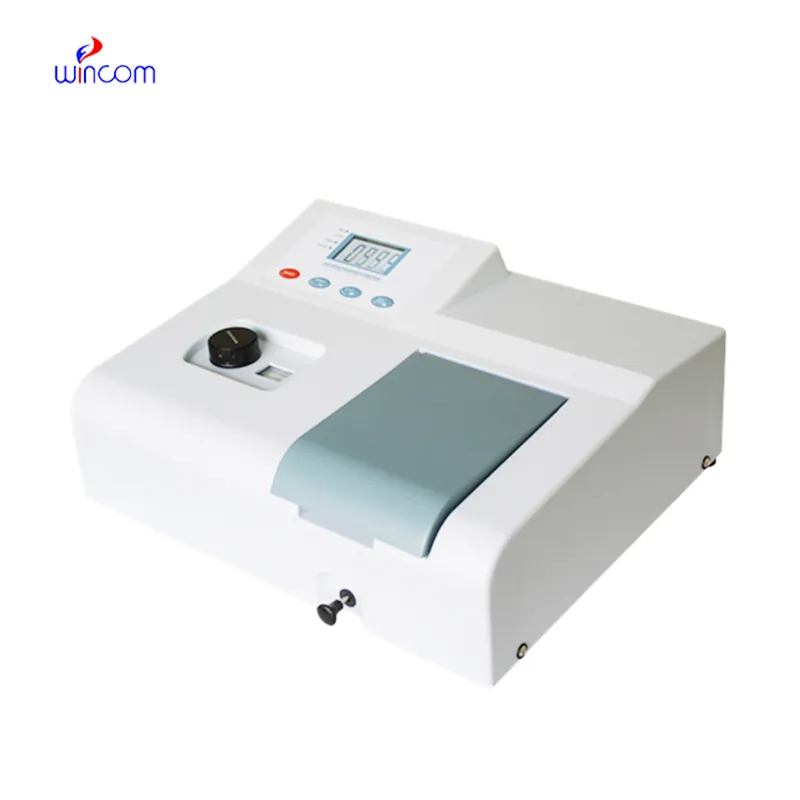
The newest mri machine is constructed using stable cooling systems and advanced electronics to ensure continuous stable operation. It is capable of conducting structural and functional scans at the same time using its multi-mode imaging mode. The newest mri machine further has data sharing capabilities to enable seamless communication across hospital departments.

The newest mri machine is used extensively in oncology to screen for tumors, check for response to treatment, and identify the makeup of tissue. It offers clean differentiation between healthy tissues and sick tissues. The newest mri machine enables early detection of brain, liver, and other organ cancers and allows for appropriate medical planning.

The newest mri machine will be enhanced by quantum sensor technology and high-temperature superconducting magnets to generate more intense but more stable magnetic fields. This will allow imaging more quickly and with less energy. The newest mri machine will also have more functional imaging capability for the investigation of brain connectivity and metabolic processes.

The newest mri machine should be kept in a controlled environment to prevent overheating and condensation. Inspection of filters, ventilation systems, and electrical grounding is necessary from time to time. The newest mri machine should be tested for performance to ensure signal strength, image resolution, and alignment accuracy.
The newest mri machine plays a crucial role in modern diagnosis because it provides proper organ, muscle, and blood vessel visualization. The newest mri machine takes advantage of magnetic resonance technology to detect variations in tissue structure. It allows clinicians to diagnose conditions like brain lesions, spinal cord injuries, and cardiovascular disease accurately and safely.
Q: Why do MRI machines make loud noises during scans? A: The noises come from the rapid switching of gradient coils that generate precise magnetic fields necessary for capturing detailed images. Q: Can MRI scans be done with contrast agents? A: Yes, sometimes contrast agents like gadolinium are used to highlight specific tissues or blood vessels, improving visibility of certain conditions. Q: How should MRI machines be maintained? A: Regular calibration, cryogen level checks, and environmental control are essential for maintaining stable magnetic performance and image accuracy. Q: Is MRI safe during pregnancy? A: MRI is typically considered safe during pregnancy, especially after the first trimester, but contrast agents are usually avoided unless medically necessary. Q: Can MRI be used in veterinary medicine? A: Yes, MRI is widely used in veterinary hospitals to diagnose brain, spine, and joint conditions in animals with the same precision as in human medicine.
The water bath performs consistently and maintains a stable temperature even during long experiments. It’s reliable and easy to operate.
The microscope delivers incredibly sharp images and precise focusing. It’s perfect for both professional lab work and educational use.
To protect the privacy of our buyers, only public service email domains like Gmail, Yahoo, and MSN will be displayed. Additionally, only a limited portion of the inquiry content will be shown.
Hello, I’m interested in your water bath for laboratory applications. Can you confirm the temperat...
Could you please provide more information about your microscope range? I’d like to know the magnif...
E-mail: [email protected]
Tel: +86-731-84176622
+86-731-84136655
Address: Rm.1507,Xinsancheng Plaza. No.58, Renmin Road(E),Changsha,Hunan,China